
How to Prevent Injuries
Staying active is vital for overall health, but without proper care, injuries can quickly sideline even the most dedicated individuals. Keeping the bones, joints and muscles strong is essential in maintaining mobility and preventing injuries. Studies have shown that those with lower endurance and strength levels are more prone to injuries, while improved fitness can reduce risk and enhance recovery.
The knee is the largest and one of the body's most complex joints. It is also essential to movement and comprises many parts, making knee injuries among the most common setbacks. However, simple prevention strategies can help prevent injuries and stay in the game for years.
Safe Exercise and Injury Prevention Tips
Dress for Comfort and Safety
Wear loose-fitting, breathable clothing that allows a full range of motion. Choose light-colored outfits in hot weather; in cold temperatures, layer clothing and adjust as needed.

Replace Worn-Out Athletic Shoes
Swap out workout shoes every 300 to 500 miles or every six to eight months (whichever comes first) for optimal support. Old shoes lose cushioning over time, increasing injury risk.
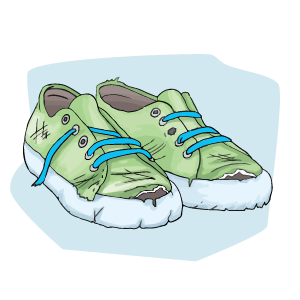
Maintain a Balanced Fitness Routine
Include a mix of cardio, strength training and flexibility exercises for overall body conditioning to prevent overuse injuries and keep workouts engaging.
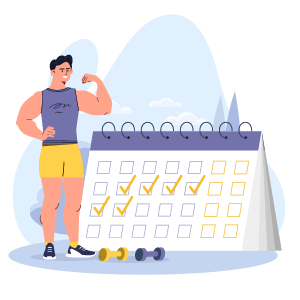
Always Warm Up First
Start with light activities, such as jogging in place or practicing movement patterns to help gradually increase heart rate, blood flow and muscle flexibility.
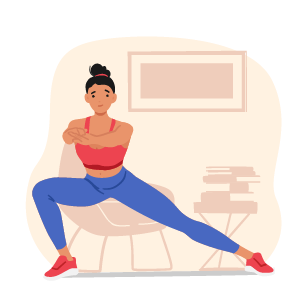
Learn How to Move Safely
Bend knees while landing to help absorb impact and protect joints when jumping. Crouch and bend at the knees and hips during quick movements, like changing directions in soccer, to reduce strain on the joints.
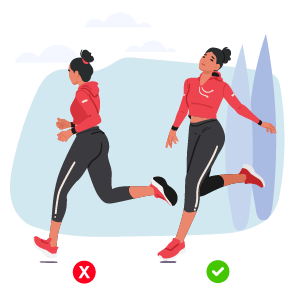
Stay Hydrated
Drink at least one pint of water 15 minutes before exercising and another after cooling down and sip water every 20 minutes during workouts to help prevent heat exhaustion and muscle cramps.
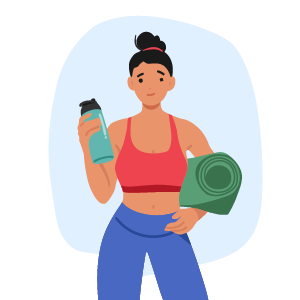
Cool Down After Exercise
Slow down movements gradually for at least 10 minutes before completely stopping to lower heart rate and help prevent dizziness and stiffness.

Prioritize Rest and Recovery
Schedule rest days to allow muscles and joints to recover. Avoid exercising when feeling excessively fatigued, sore or in pain.

People with a history of orthopedic issues, such as tendinitis, arthritis, stress fractures or back pain, should consult an orthopedic doctor for valuable guidance. A personalized fitness plan can help promote wellness and minimize the risk of injury. We’re here for you, always.


